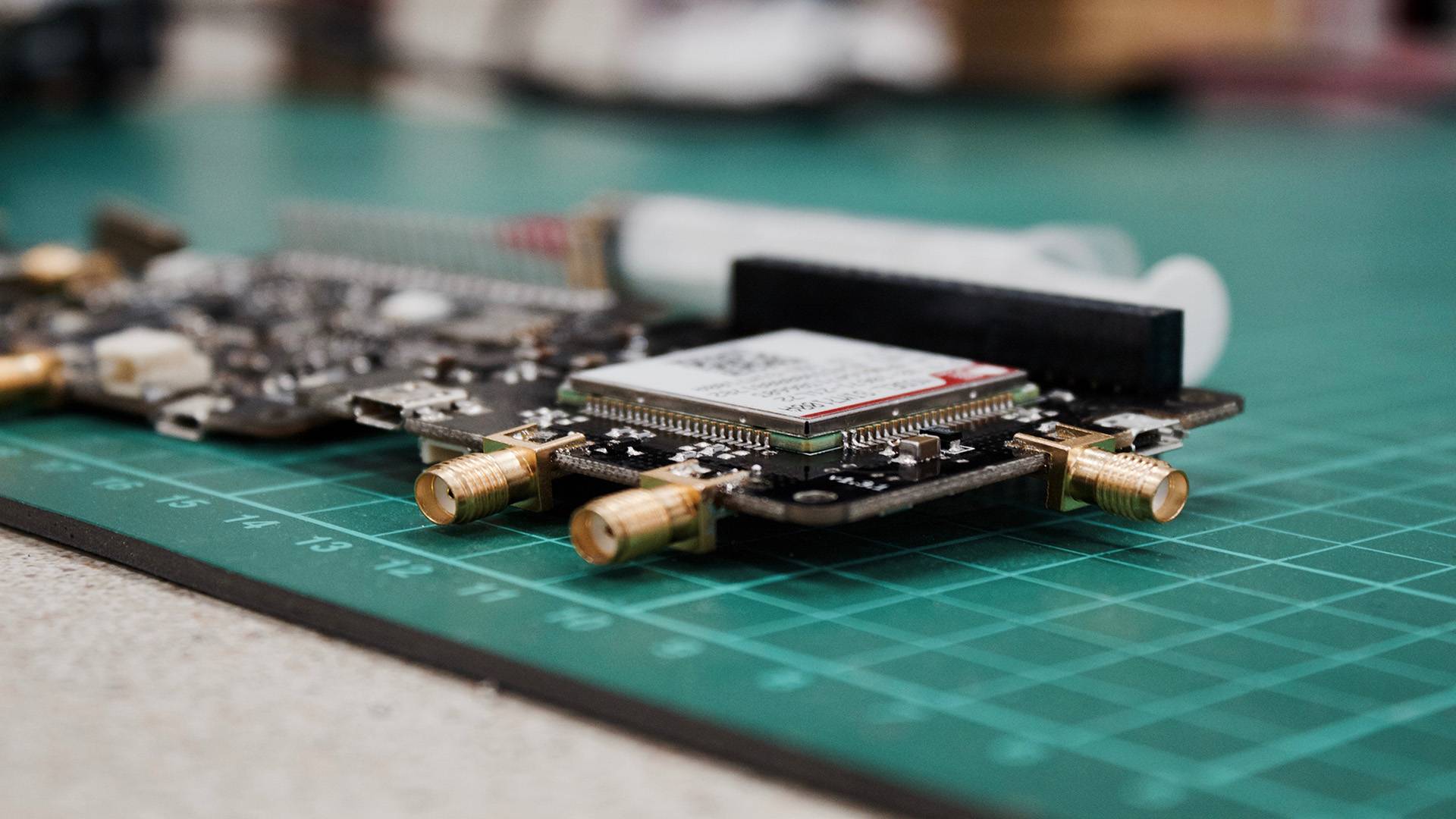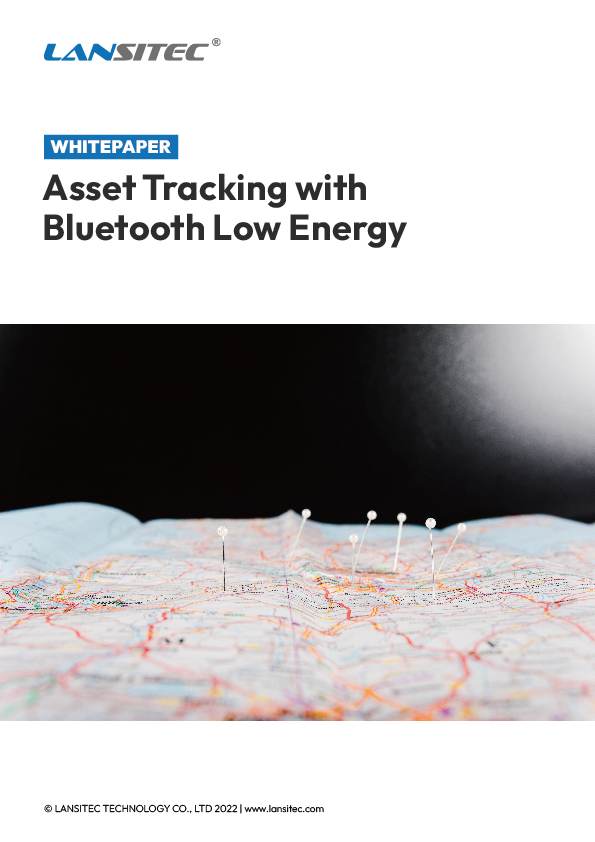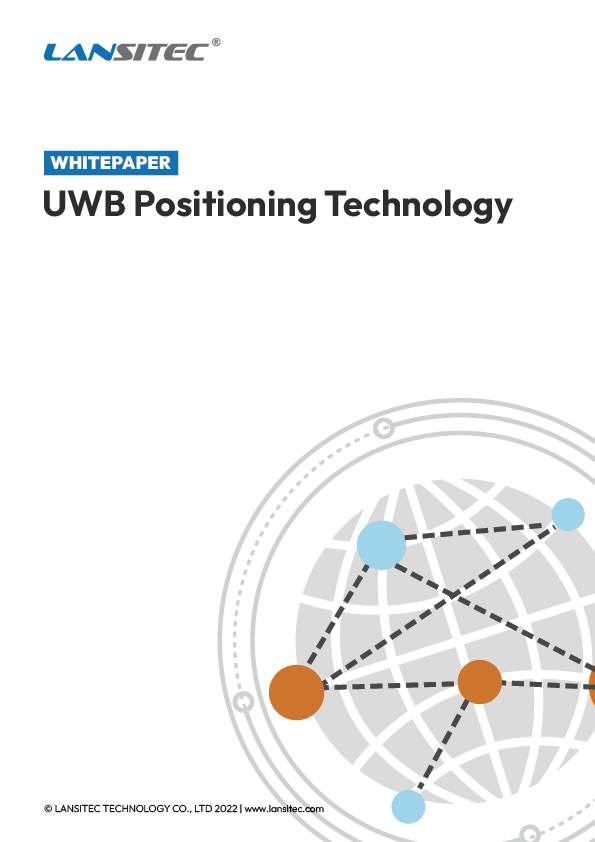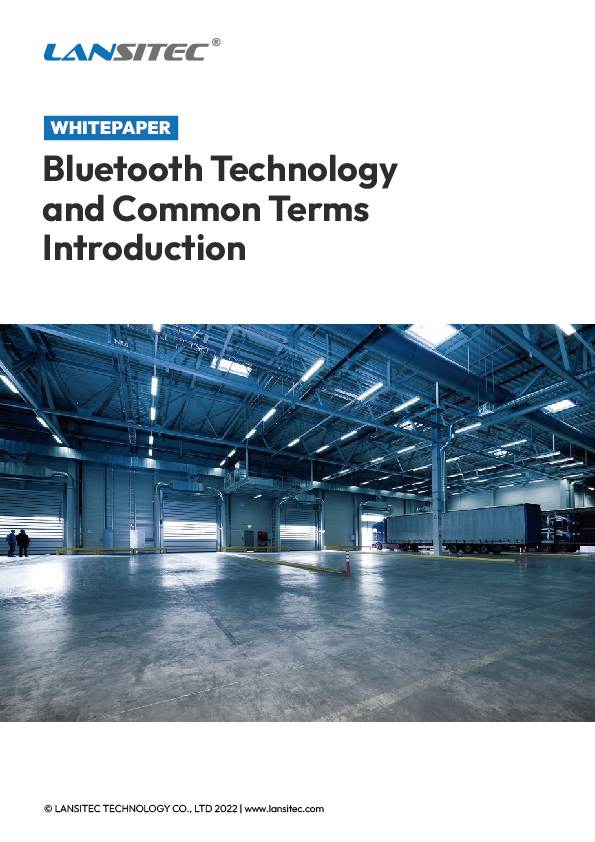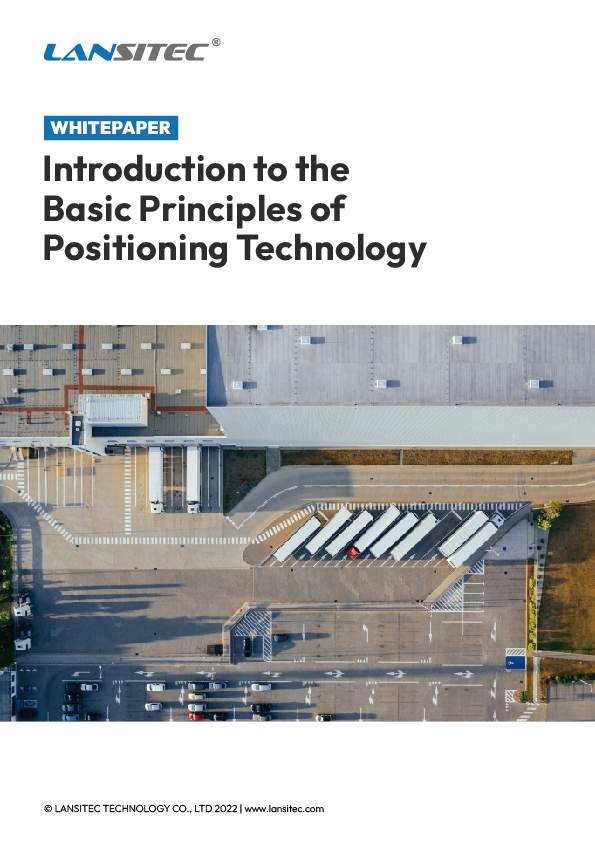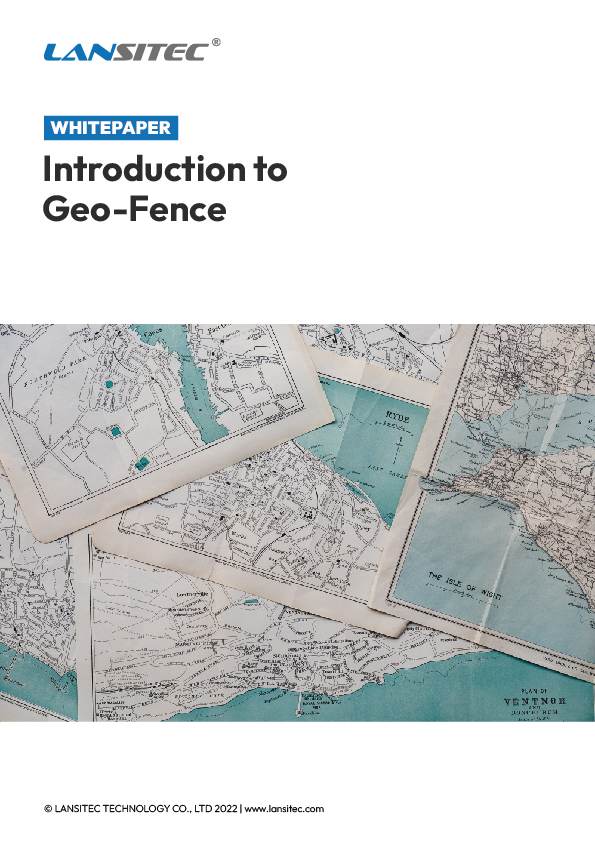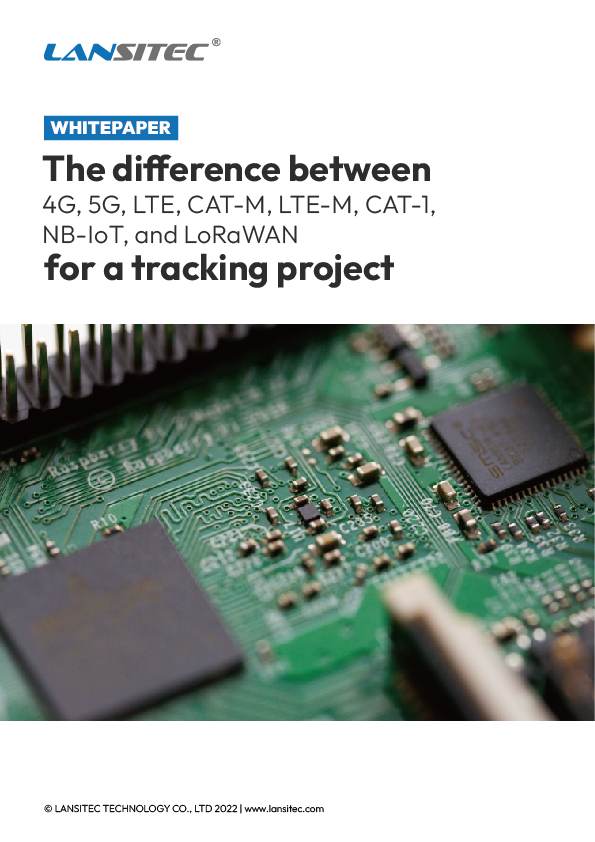比较
LoRaWAN
窄带物联网
调制
线性调频扩频调制
正交相移键控调制
频率
“未经许可的 ISM 频段
欧洲为 868MHz
北美为 915MHz
中国的470MHz”
授权 LTE 频段。
带宽
125KHz、250KHz 和 500KHz
200千赫
链接预算
165分贝
164分贝
每日最大消息数
每天可以发送的最大消息数是无限制的。
每天可以发送的最大消息数是无限制的。
数据速率
300bps~21Kbps
158.5Kbps(上行),127Kbps(下行)
有效载荷长度
11~242字节。
最大1600字节,取决于运营商
范围
市区5公里,乡村20公里。
市区1公里,农村10公里。
抗干扰能力
非常高
低的
设备移动
支持
不适合移动设备
身份验证和加密
AES 128b
256 位 3GPP 加密
自适应数据速率
自适应数据速率 (ADR)。
不支持 ADR
网关
“8个上行通道和1个下行通道,16个上行通道和2个下行通道”
不需要
SIM 卡
不需要
是的
网络容量
容量可根据需要扩展。如需更多信息,请联系我们
取决于运营商网络
本地部署
是的
不
云部署
是的
是的
电池电量消耗
十
2x
连续 TX 播放
4秒
0 秒
网关部署
需要部署网关
无需部署网关
SIM 卡
无需 SIM 卡
需要 SIM 卡
网络
可扩展网络
取决于运营商
服务器部署
本地部署
云服务器
道路交通
难的
可以实现全球漫游
电池寿命
与 NB-IoT 相比,电池寿命更长
我们对 LoRaWAN 和 NB-IoT 在跟踪应用方面的比较进行了比较。其中一些对跟踪项目确实很重要。你知道它们是什么吗?

